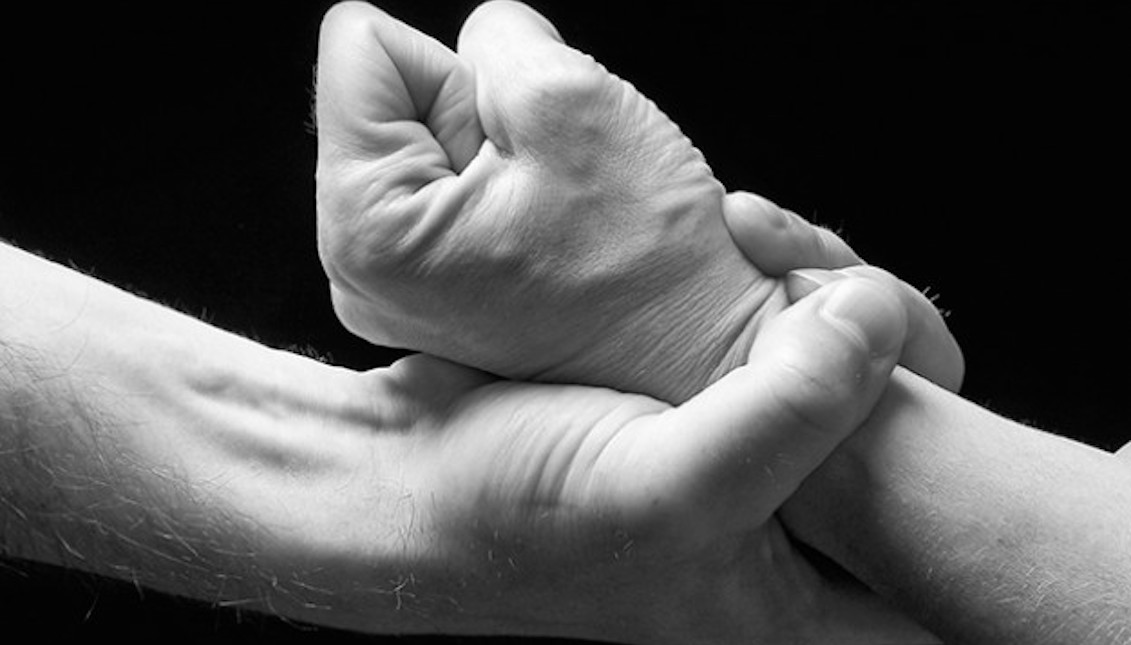
Between domestic violence and deportation
That is the decision that many immigrant women must make in the Trump’s new America.
The most frequent question that the centers of attention to victims of sexual or domestic violence receive in recent months is whether or not those who report having been victim of violence will be reported to the Immigration and Customs Enforcement (ICE).
According to TIME magazine, the new administration has severely complicated the situation of the immigrant community from every point of view, especially after President Trump signed the order that expanded the list of deplorable offenses.
But the numerous cases of deportation outside criminal record, coupled with the president's rhetoric and multiple ICE raids, have put the American immigrant community on a constant state of alert.
Especially after the case of an immigrant in El Paso that was detained after having reported the man who sexually abused her.
The arrest took place on February 9, once immigration officials had obtained the woman's information, allegedly by her assailant, Mario Alberto De Avila, who was in custody, El Paso Times reported.
The arrest has alarmed El Paso County officials as attorney Jo Anne Bernal, as they believe it could be the beginning of criminal silence for fear of deportation.
A recent study of 700 counselors and legal service providers found that 62% of them have seen an increase in immigration-related questions by survivors of violence, TIME continues. "About three-fourths of those surveyed said immigrants have expressed concern about contacting police and appearing in court.”
A report published by the New York Times stated that while domestic violence has always been a difficult crime to prosecute - it takes years for victims to seek help - since the inauguration of the new administration, there has been a significant decline in reports of sexual abuse and domestic violence in the Latino community around the country.
"Law enforcement officials in several large cities, including Los Angeles, Houston and Denver, say the most dangerous fallout of changes in policy and of harsh statements on immigration is that fewer immigrants are willing to go to the police”, the report said.
RELATED CONTENT
Chron reported on April 6 that the Houston police chief announced a significant decline in Hispanic cases reporting rapes or violent crimes compared to last year.
Victims of domestic violence centers such as Laura's House in Orange County, SAFE in Austin and special agents such as Captain James Humpries of Montgomery County have shown grave concern at the silence of the victims as they consider that new immigration policies have reinforced mistrust in the police forces.
Olivia Rodriguez, executive director of the Los Angeles County Domestic Violence Council, told the New York Times that while her office received at least half a dozen calls a week, at least half of them were Hispanic, and since January they have only received two calls.
"This is not normal. They assume that if they call a government entity it’s all connected, that they will be reported to ICE and sent away. So instead they are just taking the abuse”.
While victims surviving the abuse still qualify for protection under the 1994 Violence Against Women Act, the reluctance of immigrants does not seem to back down.
For Archi Pyati, head of policies and programs at the Tahirih Justice Center, "fear (among surviving immigrants) is still rampant. So long as the federal government continues down this road there are going to be immigrant women who are going to be hurt", Mother Jones reported.











LEAVE A COMMENT: